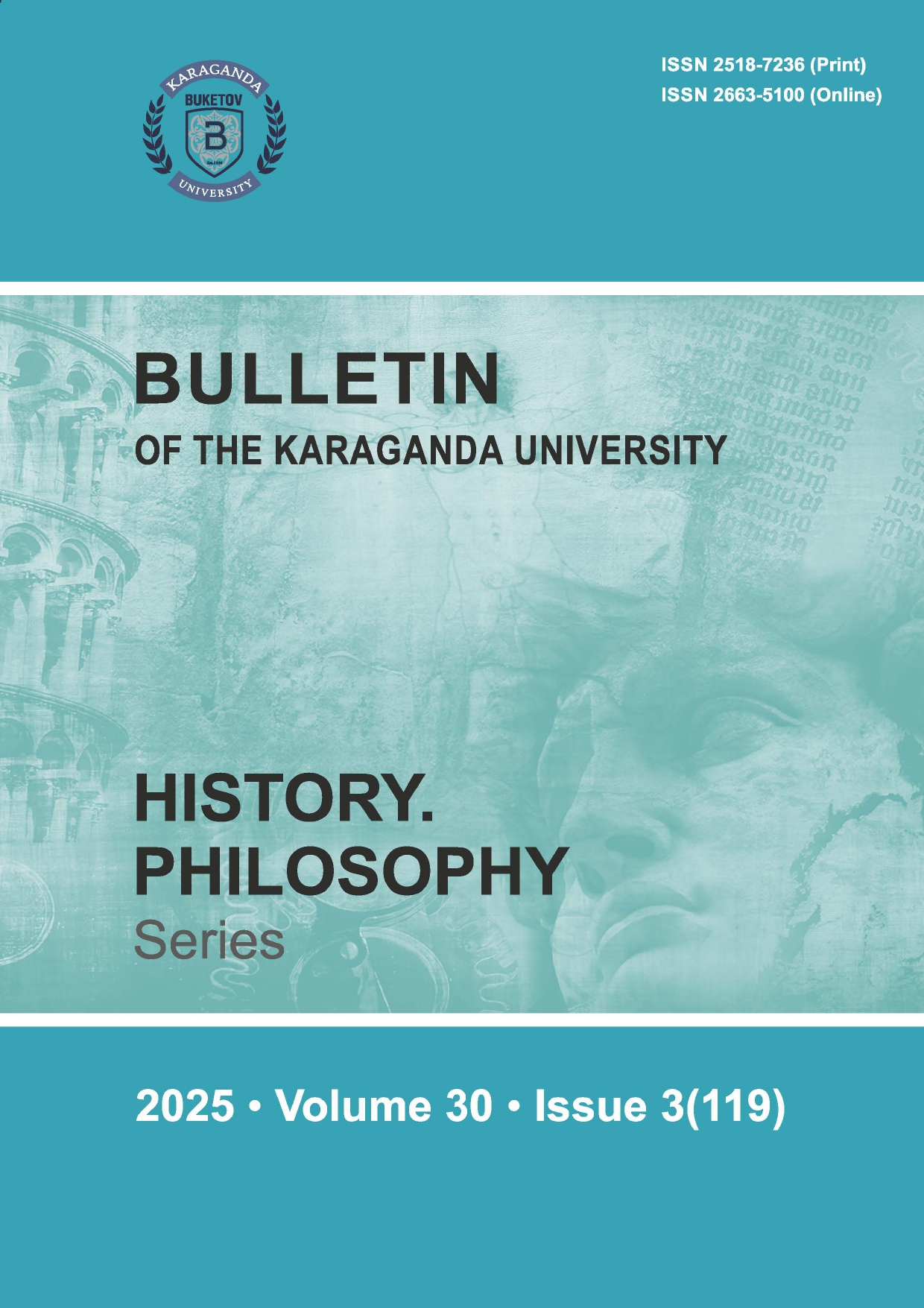Socio-humanitarian knowledge in the context of the triumph of technocratic thinking (social and philosophical analysis)
DOI:
https://doi.org/10.31489/2025hph3/270-277Keywords:
digitalization, humanitarian, crisis, identity, student, higher, education, morality, religion, culture, youth, futureAbstract
This article analyzes the fate of socio-humanitarian knowledge in the context of the overly rationalized, tech-nocratic understanding of the world, society, and man having become a priority. The author critically analyz-es the situation in the higher education system in Kazakhstan. The situation is determined by the fact that thesocio-humanitarian component of higher education has found itself on the margins of the higher educationsystem. There is a tendency to cut these educational programs. In this regard, the author draws attention to thesituation in this space. Particular attention is paid to the issues of socio-humanitarian support for moderntransformational and globalization processes taking place in Kazakhstan in particular and in the world in gen-eral. History has already proven that ignoring the socio-humanitarian aspects of social and personal develop-ment leads to irreversible consequences. And these consequences are associated, first of all, with lack of spir-ituality, immorality, and criminal indifference. Such a society, as a rule, exists either in stagnation or degrada-tion. The ambitious tasks that are set before Kazakhstan today, of course, require a more nuanced, more de-tailed attitude to the values of the ideological order in general and in the education system in particular. Thisarticle is an attempt at a constructive analysis of this problem. Some of the data from the Internet survey pre-sented in the article largely confirm the author's hypothesis.




